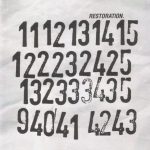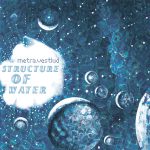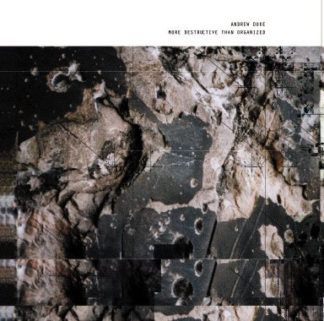More Destructive Than Organised
5,00 € VAT included
In stock
More Destructive Than Organized is the last piece in a trilogy that began with Ashes and Ceremony (Cognition Audioworks, caw009, 1994) and continued with Physical and Mental Health (Folding Cassettes, 2002). More Destructive Than Organized and Physical and Mental Health feature design and packaging by the Berlin-based artist Nathaniel Hamon (slanginternational.org), known for his work for labels including Dimitri “Phthalocyanine” Fergadis’ Phthalo, Mike Donovan’s Dial, and Joshua Kit Clayton and Sue Costabile’s Orthlorng Musork.
The theme of the series is physical and mental deterioration and disintegration, both on the personal and impersonal levels. The title More Destructive Than Organized may convey an aggressive sound, but the results are subtle, thought-provoking, and dynamic. By using minimal drone material blended with a bleeding-in-from-somewhere-else background wash and mixing in many elements at a low volume, this project will be experienced differently by those listening on speakers versus those listening on headphones.
Issues explored include the psychological impact of a variety of circumstances on the individual and society in general. Some of these issues are stress, illness, aging, death, religion, ritual and war–unfortunately timely in this era. Of particular importance in this project is the effect armed conflict and media reports about it, have on both military and civilian members of society on levels much deeper than the obvious (physical injuries, death and destruction). The inspiration for 1994’s Ashes and Ceremony album, as well as a techno track released later on Detroit’s Matrix Records, was numerous documentaries on how living with war affects people, especially young people, on a level we can’t easily see–the inner level-and exploring the demoralization associated with it.
We destroy ourselves and the world through our rituals and beliefs. While stress, illness, aging, and death are unavoidable, why do we insist on furthering our deterioration through conflict and over-consumption?














